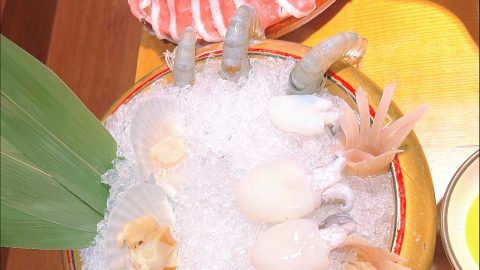Can I eat seafood if I have hemorrhoids?
Generally speaking, whether a person with hemorrhoids can eat seafood needs to be determined according to individual circumstances and the severity of the condition. If the condition is stable, eating seafood is usually acceptable; however, if the condition is unstable, it is generally not recommended. Detailed analysis is as follows:

Seafood is rich in high-quality protein, unsaturated fatty acids, vitamins, and minerals, which help enhance immunity and promote wound healing. For patients with mild hemorrhoids or those in a stable phase, moderate consumption of seafood is typically safe and will not worsen the condition. Patients with hemorrhoids can choose seafood rich in unsaturated fatty acids, such as salmon, cod, and tuna. The unsaturated fatty acids in these seafood varieties help lower cholesterol and triglyceride levels, benefiting overall health.
However, patients experiencing an acute hemorrhoid flare-up or those with a history of seafood allergy should temporarily avoid consuming seafood. During an acute hemorrhoid episode, patients may experience symptoms such as anal pain and bleeding. At this time, consuming spicy, greasy, or hard-to-digest foods—including certain types of seafood—might exacerbate inflammatory responses and worsen symptoms. Additionally, if a patient is allergic to seafood, consumption may trigger allergic reactions such as rashes, itching, or diarrhea. These allergic responses could potentially aggravate hemorrhoid symptoms; therefore, patients with hemorrhoids and known seafood allergies should avoid eating seafood.
If any discomfort occurs, prompt medical attention should be sought. Furthermore, patients with hemorrhoids should follow their physicians' dietary recommendations and maintain a healthy lifestyle to support recovery.





